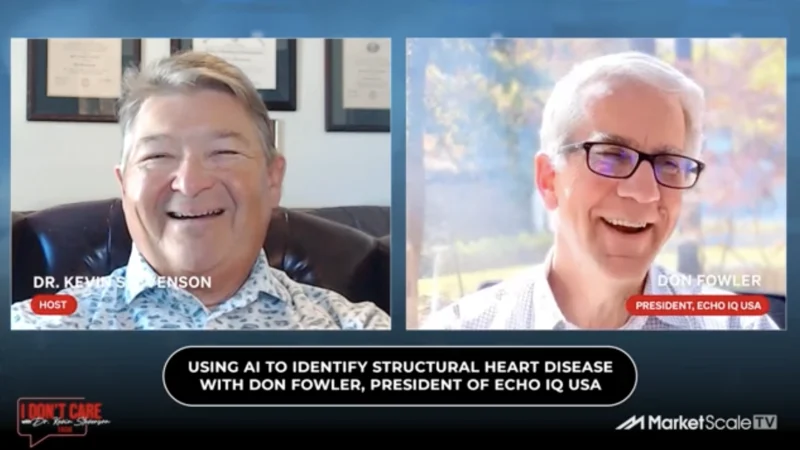Lessons Learned from 24-Year-Old Hospital CEO Aidan Hettler
In the fast-paced world of healthcare, leadership often comes with decades of experience. Yet, the story of Aidan Hettler, the 24-year-old CEO of Sedgwick County Health Center in Julesburg, Colorado, is challenging the norms. As the industry grapples with leadership turnover and the complexities of rural healthcare, Hettler’s ascent to the top has sparked curiosity and conversation. How did someone so young secure such a pivotal role, and what can others learn from his journey?
This episode of I Don’t Care with Dr. Kevin Stevenson dives into these questions. As healthcare professionals face increasing challenges in leadership, the story of Hettler offers insights into the potential of fresh perspectives and the power of mentorship. What are the key lessons that healthcare leaders, regardless of their age, can take away from Hettler’s experience? The episode also explores how Hettler, with no prior healthcare experience, managed to secure this role and what his leadership philosophy brings to the table in a rural healthcare setting.
Key Takeaways:
– The importance of a fresh perspective in healthcare leadership and how Hettler’s outsider status became an asset.
– The role of mentorship in Hettler’s rapid learning curve and how it shaped his approach to managing a complex organization.
– How servant leadership has guided Hettler’s decision-making process, particularly in a rural community where the hospital plays a central economic and social role.
Aidan Hettler, at 24, is the CEO of Sedgwick County Health Center in Julesburg, Colorado. Before taking on this role, he worked remotely for Lockheed Martin in subcontract administration and central procurement within their space division. Hettler’s path to leadership in healthcare is unconventional, driven by his commitment to servant leadership and his rapid acquisition of healthcare knowledge through mentorship and continuous learning. He is currently completing a master’s degree in healthcare transformation at UT Austin.
Article written by MarketScale.




